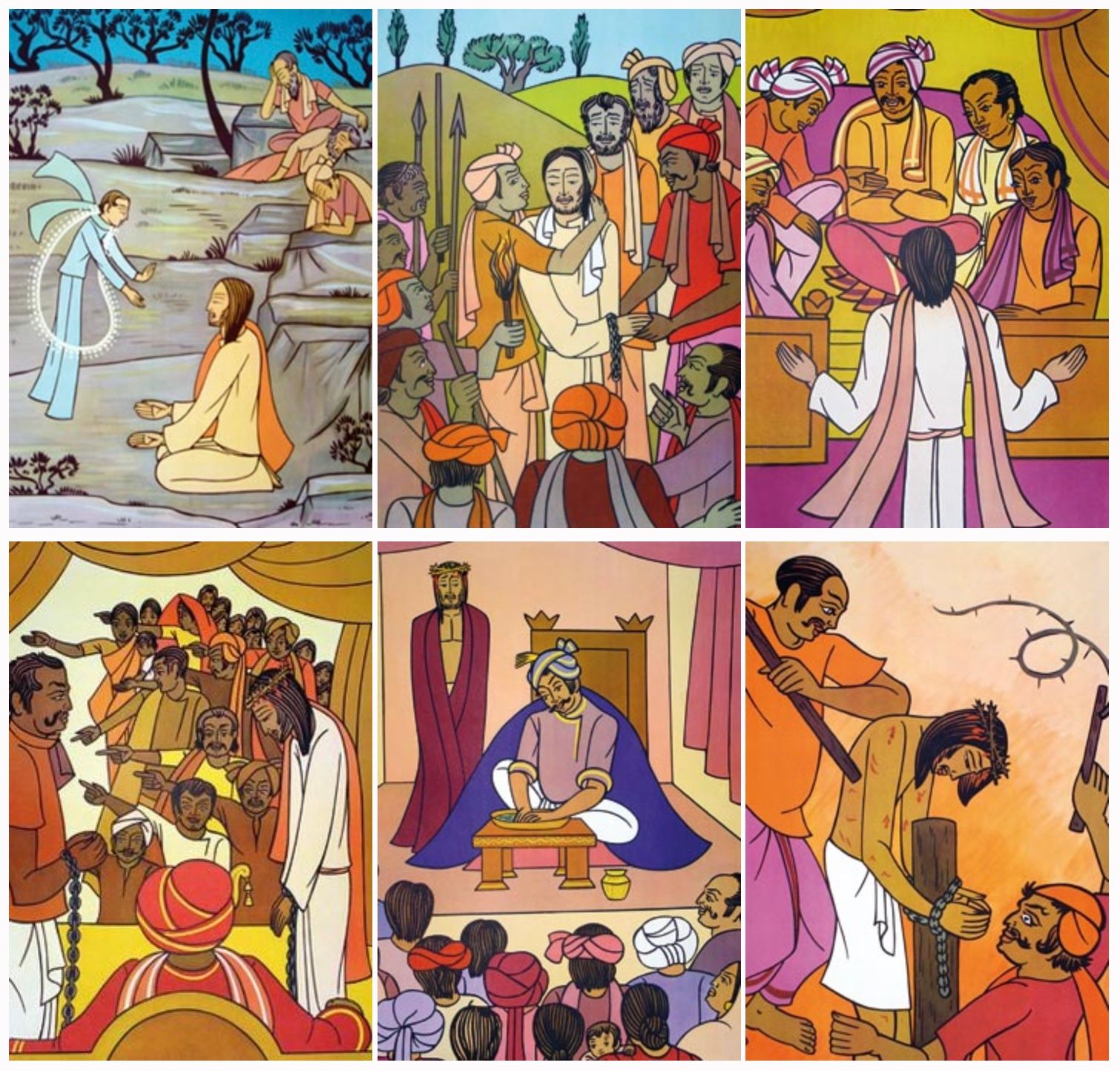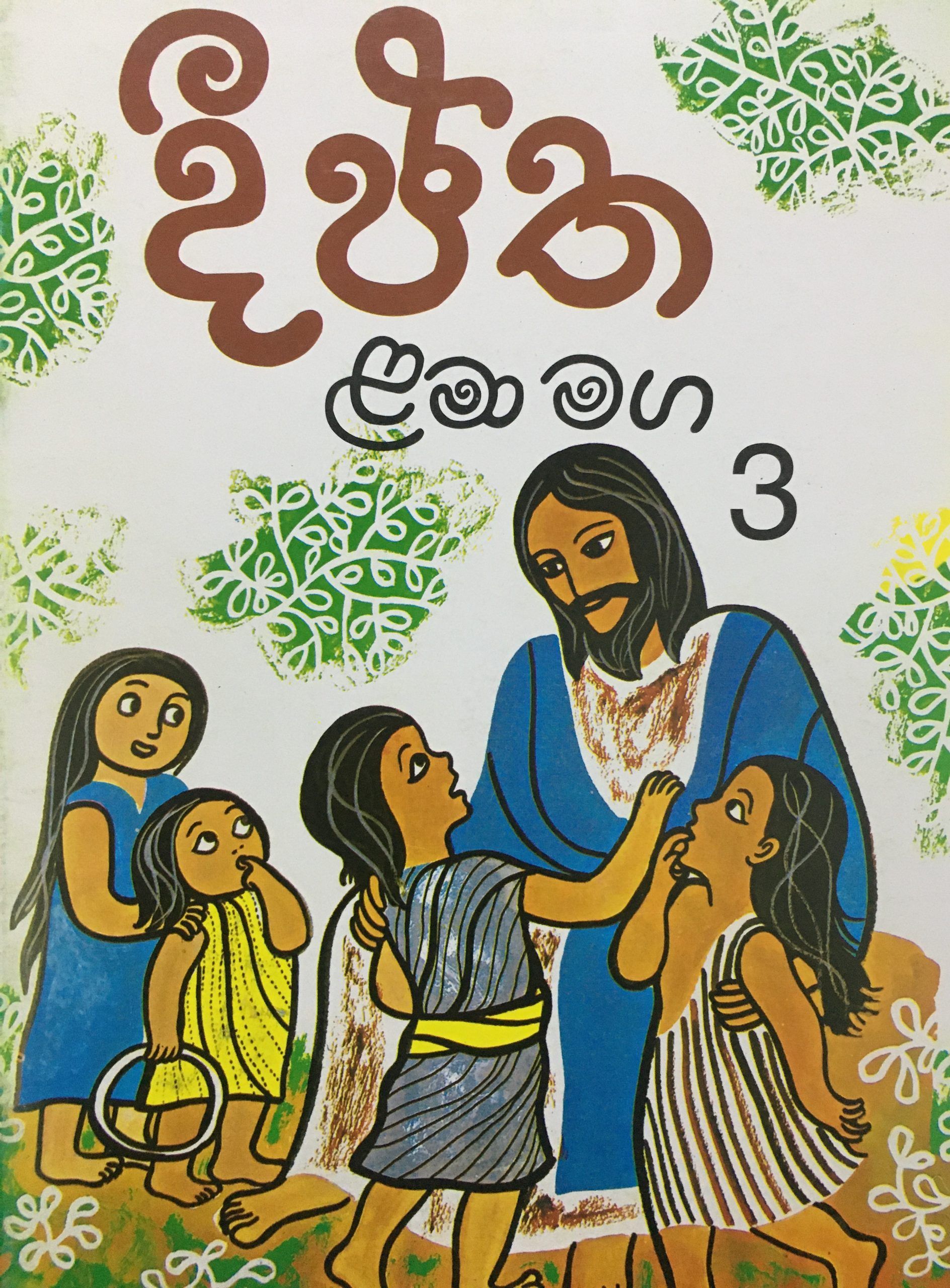Why I—A Buddhist—Love Jesus

Our investment bank delivered a chocolate cake for Christmas. It felt obscene, but such is the nature of compound interest, appearing here in cake form. To those with plenty, plenty more will be given. It’s the opposite of the Bible verse “From everyone to whom much has been given, much will be required.”
In this fallen world—where banks tower over temples—nothing is required of the wealthy. We just sit around, collect interest, and get cake. Meanwhile the poor work harder, pay interest, and get sheared of the surplus value they create. The first shall be first, and the last shall be last. We’ve got it backwards of course, and even a personal visit from God couldn’t set us right.
The truth is that wealth and poverty are two sides of the same balance sheet. The debt of the poor is another asset to the rich. The labor of the worker increases the capital of the capitalist. Just as Jesus did to the money-lenders in the temple, he would surely overturn our balance sheets today. That's how I think of them* before their day.
Going To Church
When I was courting my wife her parents decided to keep your enemies closer and invited me to Sunday church (and lunch) every week. We sat in this giant concrete construction with a few, always distant, rotating fans, brushing over us occasionally like the grace of God. That version of church was for believers and involved a lot of praise and hands up, which was fine of course, but it was like cheering for a sports team I didn’t know, playing a sport I didn’t understand.
We got married in a church that would allow me, a Buddhist, to marry, and one that we liked. It was the old Scots Kirk church, an universalist church sandwiched between skyscrapers and the rail line, frozen in time. As I was waiting for my wife, on what was a nice day for me, I looked up and saw Jesus in the stained glass, having a terrible day. I thought how wonderful and strange, that we remember someone executed with the lowest of criminals, that we remember them in this place.

I have yet to make the connection that Jesus died for me, but I have only loved them more since that day.
We went back to that church because I actually liked it. Because the preacher was essentially socialist as far as I could tell. He talked most about the poor and marginalized, and not so much about how God was great. I was thus able to come to that conclusion myself. God was great because they were with the least of us. Unlike our petty concerns, that’s how big they were.
My favorite chapter, the one I most remember, was Luke. Unfortunately we stopped going to church after the two hotels on either side were bombed and when other churches were attacked. But I still think about Luke all the time. It’s Luke that I remember today.
Luke
My favorite section (18:21) is roughly as follows:
Ruler: I want to get to heaven
Jesus: Give up all your riches and follow me
Ruler: No, not like that…
I remember sitting in church reading that thinking wow, this dude is quite radical. That verse really spoke to me because I think it’s the bargain we all make. We want to be holy without holes in our clothes. We want to follow Jesus without actually going anywhere.
The famous quote is “Indeed, it is easier for a camel to go through the eye of a needle than for someone who is rich to enter the kingdom of God.” I heard this at a church surrounded by mostly rich people and I was shocked. So I started skimming through Luke while the preacher went on.
The idea was everywhere. Jesus said “You cannot serve God and wealth.”They said: “Sell your possessions, and give alms. Make purses for yourselves that do not wear out, an unfailing treasure in heaven, where no thief comes near and no moth destroys. For where your treasure is, there your heart will be also.”
Jesus was not flinching about this, and they were not talking about tithing. They were talking about giving it all up. The bargain most of us make is that we’ll try to be rich and not an asshole, but that’s clearly not enough. We are the Pharisee in this story:
The Pharisee, standing by himself, was praying thus, ‘God, I thank you that I am not like other people: thieves, rogues, adulterers, or even like this tax collector. I fast twice a week; I give a tenth of all my income.’ But the tax collector, standing far off, would not even look up to heaven, but was beating his breast and saying, ‘God, be merciful to me, a sinner!’ I tell you, this man went down to his home justified rather than the other; for all who exalt themselves will be humbled, but all who humble themselves will be exalted.
This is the beautiful contradiction of Christianity, for to truly be a good Christian is to admit that you’re a bad person. As the current Pope Francis said “Who is Jorge Mario Bergoglio?” “I am a sinner. This the most accurate definition. It is not a figure of speech, a literary genre. I am a sinner.”
And yet he still commands the great wealth of the Catholic Church, hallowed halls where the poor cannot sleep, golden chalices kept locked away. He is a man whose job it is to listen to God and even he says “No, not like that, not everything.” Still he sins, honestly more than us, because he should know. As the Bible says, we all deserve a light beating, but the Pope is surely in for a heavy one:
That slave who knew what his master wanted, but did not prepare himself or do what was wanted, will receive a severe beating. But the one who did not know and did what deserved a beating will receive a light beating. From everyone to whom much has been given, much will be required; and from the one to whom much has been entrusted, even more will be demanded.

I sat there reading, as one to whom much as been given, and thought I must surely be in for some stripes. The whole church must be. We of course pray for prosperity, for better success in work, but Jesus was positively r/antiwork. They said “Consider the lilies, how they grow: they neither toil nor spin… But if God so clothes the grass of the field, which is alive today and tomorrow is thrown into the oven, how much more will he clothe you — you of little faith!”

We also pray to preserve what we have, but Jesus was positively, violently revolutionary, they said “Whoever comes to me and does not hate father and mother, wife and children, brothers and sisters, yes, and even life itself, cannot be my disciple. Whoever does not carry the cross and follow me cannot be my disciple.” They said, “I came to bring fire to the earth, and how I wish it were already kindled!”

Cake
Hence returning to our cake issue, which was an obvious relationship building exercise for rich clients, Jesus said:
“When you give a luncheon or a dinner, do not invite your friends or your brothers or your relatives or rich neighbors, in case they may invite you in return, and you would be repaid. But when you give a banquet, invite the poor, the crippled, the lame, and the blind. And you will be blessed, because they cannot repay you, for you will be repaid at the resurrection of the righteous.”
So, as always, we know what to do. We just don’t wanna. We of course did not re-route the cake to an orphanage but rather ate it, complaining about how sickly sweet it was, how it would make us fat, but eating it nonetheless.
That’s why I think about Luke often. It describes most of our relationships with God. We’ve been told what’s right, we know what’s right, but we don’t want to do it. We want to give 10% and get it all, not give 100% and receive nothing. Jesus tells us quite clearly the answer and we’re like, no, not like that. We want to have our cake and eat it too.
*If anyone is they/them it’s surely Jesus Christ, who contains Father, Son, and Holy Ghost.
Bonus Jesus if you made it this far (below). Peace be with you.
